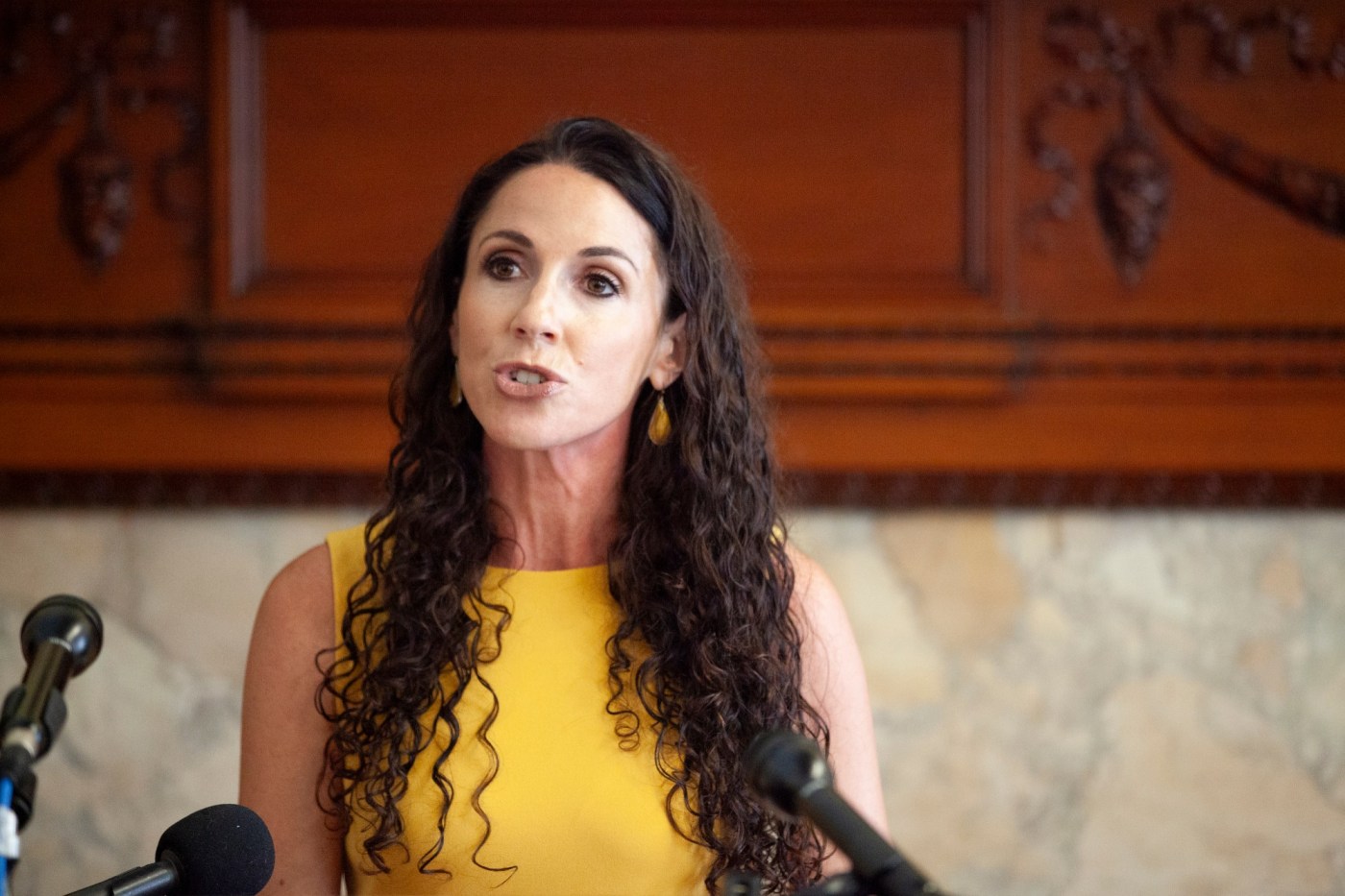Utility customers in Massachusetts are facing growing frustration over fees associated with the state’s energy efficiency program, known as Mass Save. A recent report from Diana DiZoglio, the state auditor, highlights significant disparities in how benefits from Mass Save are distributed among communities, particularly affecting low-income areas. Established in 2008, this program is funded by surcharges on customers’ electric and gas bills, aimed at promoting energy efficiency through various services, rebates, and incentives.
The audit conducted by the Division of Local Mandates (DLM) assessed the municipal distribution of Mass Save incentives using socioeconomic data. The findings reveal that many residents in lower-income communities contribute disproportionately more to the program than they receive in benefits. Specifically, 48 out of 175 municipalities with incomes below the state median contribute more per capita to Mass Save than the state average.
Environmental Justice (EJ) municipalities and Gateway Cities such as Fitchburg and Lowell are particularly impacted. Residents in areas with high EJ populations contribute an average of 151% more to Mass Save compared to those in communities without such populations. Meanwhile, residents in Gateway Cities contribute approximately 24% more than their counterparts in non-Gateway Cities, despite earning significantly lower household incomes.
The report underscores a troubling trend: as population density and the percentage of renters increase, the benefits from Mass Save tend to decline. Urban areas with a higher proportion of renters, who are less likely to benefit directly from property-based energy improvements, often end up contributing more without receiving adequate returns.
Another critical finding of the audit points to a lack of transparency in utility bills, which obscures the contributions to Mass Save. The technical jargon and vague terminology used in billing make it challenging for consumers to understand what they are paying for, creating further frustration among ratepayers.
In response to the report, the auditor emphasized the need for systemic changes. “While Mass Save has a noble mission of promoting energy efficiency in the Commonwealth, its current programmatic structure undermines that mission by widening inequality,” stated Auditor DiZoglio. She recommended transferring the administration of Mass Save to an independent entity, enhancing legislative oversight, and improving the accessibility of data and incentives for renters.
Local officials echoed these concerns. Fitchburg Mayor Sam Squailia remarked, “We need a Mass Save program that is fair and transparent, stopping the burden on working-class communities like ours.” Similarly, Lowell City Councilor Erik Gitschier noted that Gateway Cities are being used as a “checkbook for wealthier communities,” which contradicts the program’s intended purpose.
Methuen Mayor D.J. Beauregard also voiced his discontent, stating, “Gateway Cities like ours are paying far more into the Mass Save program than we ever get back, while wealthier communities reap the benefits.” He called for a rethink of the program’s funding to alleviate the financial strain on working families.
As a result of these findings, changes have already begun. In February 2023, the Massachusetts Department of Public Utilities ordered a reevaluation of Mass Save’s funding structure, reducing its three-year budget by $500 million. This adjustment aims to lower the fees that customers face on their bills.
Despite these initial steps, Mass Save continues to rely on ratepayer funding, making it essential for the program to adopt the auditor’s recommendations to ensure fair and equitable distribution of benefits. The ongoing discussions surrounding this issue reflect a broader concern regarding economic justice and accountability in utility programs designed to serve all residents, regardless of their income level.
